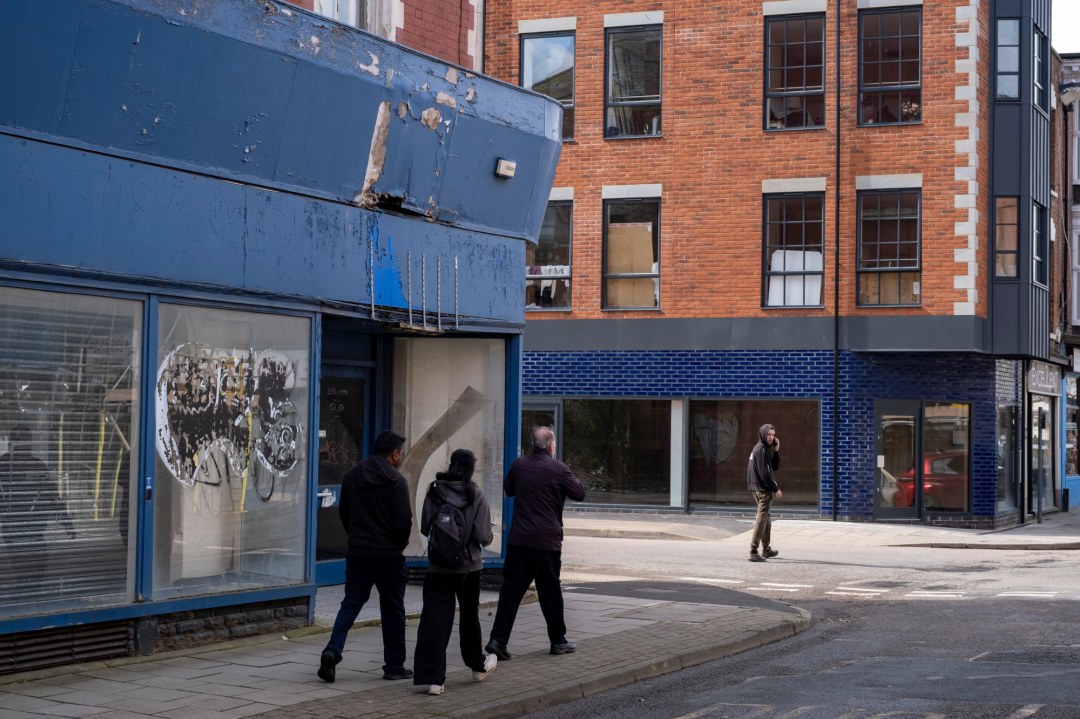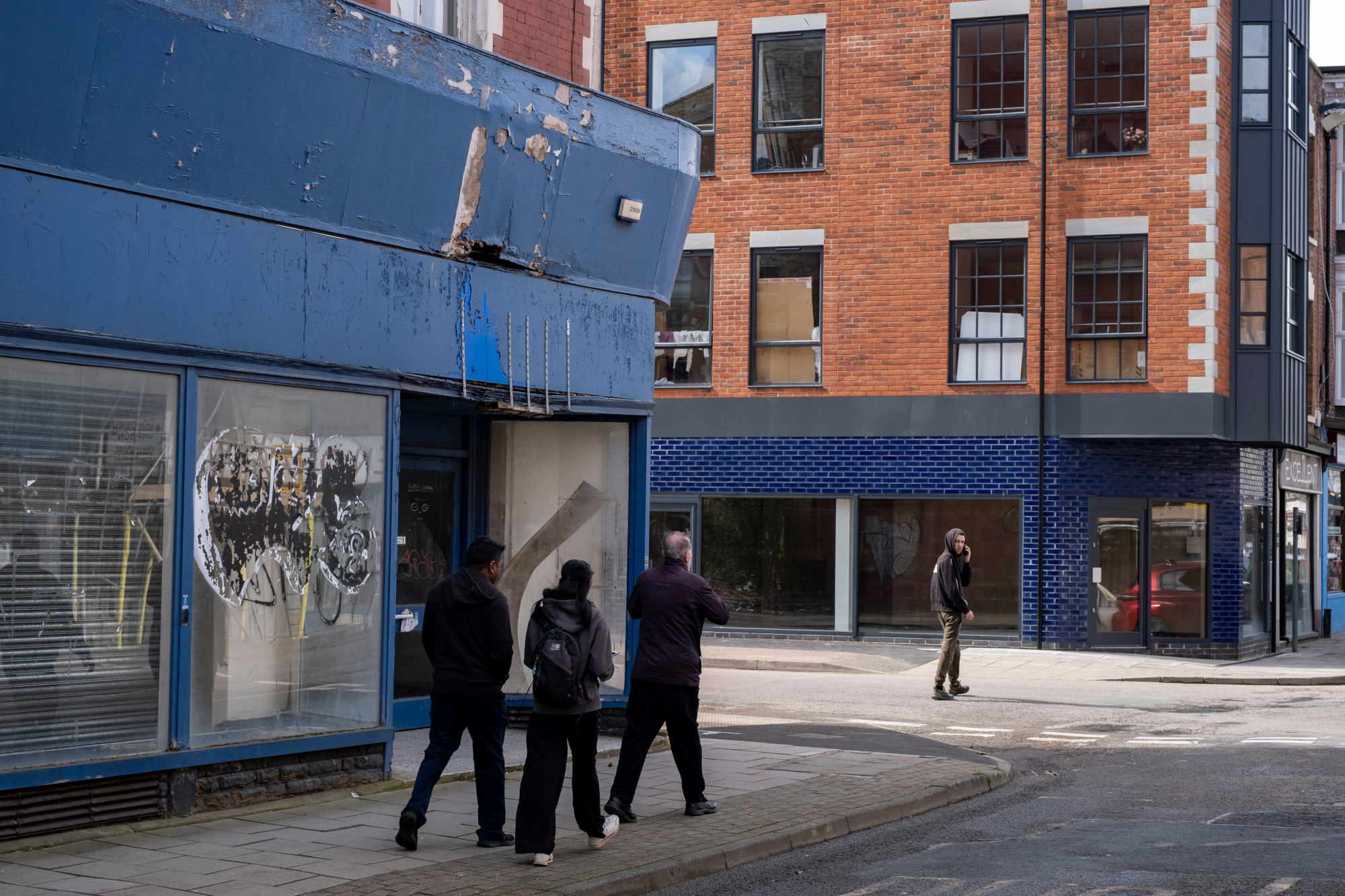‘It has been said that democracy is the worst form of government except for all those other forms’, Winston Churchill once declared in the House of Commons.
Britain may not feel like much of a free country at the moment, with protestors being arrested for holding placards and the police hauling people away in the dead of night for choice social media posts. But it is still a democracy at least, and an alright one at that.
The radicalisation of young people is not just about the slow immiseration of Britain, with declining living standards and crumbling infrastructure
It seems though that many young people do not agree. Polling this week shows that one third of 18-30 year olds are increasingly in favour of authoritarianism. They would prefer an authoritarian system led by a decisive figure, even if it meant sacrificing some democratic freedoms. Dissatisfaction can be found across the political spectrum, with 33 per cent of young Labour voters leaning towards authoritarianism, whilst it is half of the Reform voting youth.
As victims of a two-year lockdown, a childhood in the murky waters of the financial crash, and facing the employment Armageddon of AI and a rising jobs tax, is it any wonder that so many young people feel this way?
They have had a rum deal of it in a very broken Britain. Not only are their phones and bags increasingly at risk of being pinched, but they can hardly afford to go out, with the price of a pint in London surging to £6.75 on average, or half an hour of minimum wage work (if they can even find a job). Infantilised by a government which seeks to tax, regulate, and throttle their ambition with red-tape and bluster, many cannot even get on the housing ladder after years of working. If democracy isn’t delivering, why would you even sign up to fight? One recent survey showed that 30 per cent young people wouldn’t don their helmets even if Mr Putin was sending his troops to Dover. Many instead are voting with their feet and moving to to the low-tax Middle Eastern autocracies.
However, the radicalisation of young people is not just about the slow immiseration of Britain, with declining living standards and crumbling infrastructure. Myriad videos now appear on people’s screens of shop-lifters, bike thieves and illegal immigrants entering the country with ease. And when this immiseration culminates in a young professional having their phone swiped from their hands on their walk to the office, they are told not to worry about it as crime is going down.
The lurch towards authoritarianism is not a deep-seated yearning for jack boots, five year plans, or Volkswagen Beetles. It comes from a frustration that the British state, no matter its majorities or might, cannot fix the very basics. When a young person looks down at their Instagram in their ninth hour of their wait in a dingy NHS reception room, at the spotless pavements of Dubai, or the autonomous vehicles of China, is it any wonder they yearn for a government that can actually do something?
With the recent spate of headlines about civil breakdown in Britain, propelled by migrant crises, rape gangs, and a neutured government, some politicians have started to listen. Reform’s approach is to appeal to this era of youthful discontent with a cabinet made up of professionals, rather than sitting politicians, as in the United States. Likewise, it wants to clear out the top-brass of the civil service to remove bureaucracy. Reform’s position is more authoritarian than our current system, but it could feasibly work (if you can find civil servants who are willing to legislate themselves out of a job).
Will that be enough for the growing number of authoritarian young people? For many, Britain has been broken for as long as they can remember. It does need ‘restoring’ as some have proposed, as that would just start the cycle of decline again. For this group, the edifice must be torn down entirely. And they are willing to give up the freedoms enjoyed by previous generations if it means the government works again. Should this happen, blame would lie squarely at the feet of the inhabitants of Whitehall and Parliament.
For those in favour of classically liberal values, as well as free expression and fearless journalism, it is essential that we win over this growing minority of young people. But for our side to be victorious, we must push for government to work, urgently, before it is replaced by something rather more authoritarian.








Comments